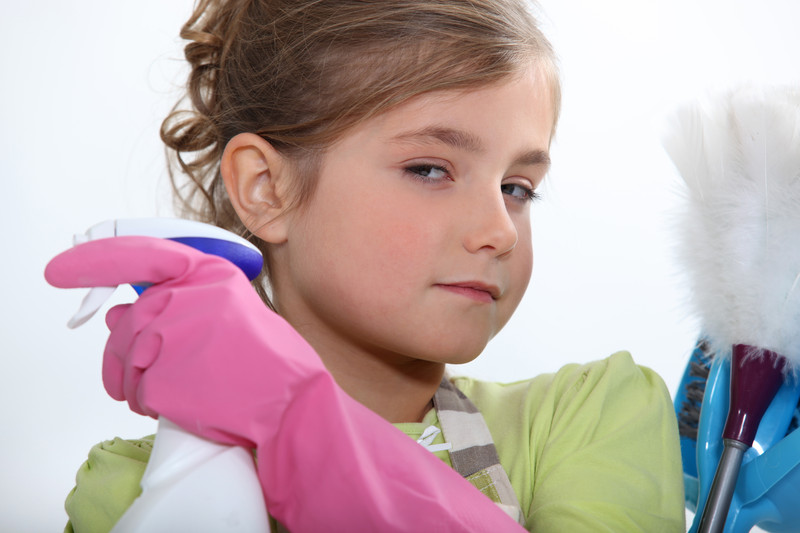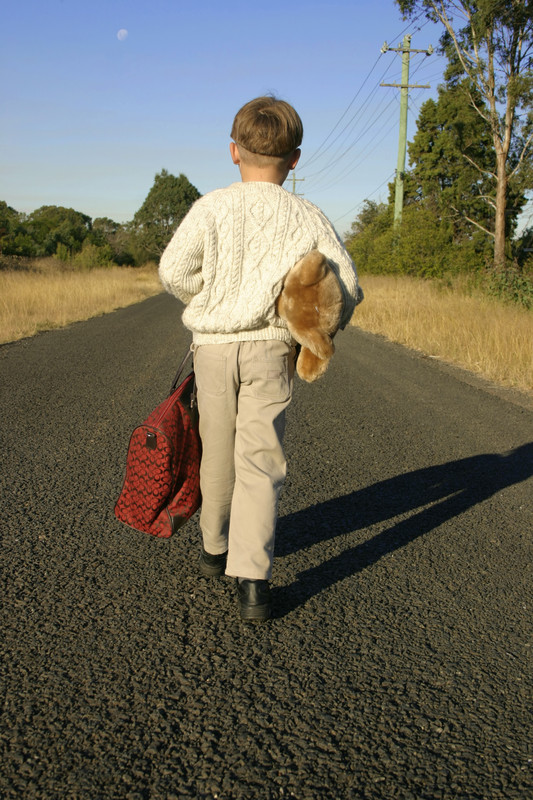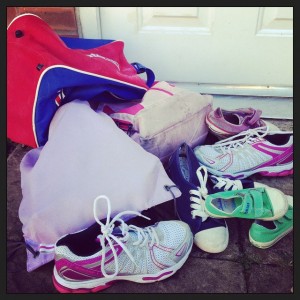In the last month I’ve discovered that the pain I have been struggling to overcome in my neck and shoulder for more than 15 years is in fact arthritis. An ultrasound and x-ray confirmed that my shoulder joint, collarbone and top of my spine are struggling to cope with the toll that ordinary movement has taken on them and I’m facing the prospect of the remainder of my life being about pain management of both bone and the muscles around that area rather than finding a fix.
I’m 40 and even though rationally I know that I’ve had this since I was 25 or so, I feel old and frightened by this breakdown in my body and its ability to care for itself. All those years of thinking I had time to get fitter, lose weight and improve health and diet have caught up with me in a huge wave of horror. 6 babies, a sedentary life and poor posture have combined to mean I’m now looking at discomfort long term and presumably eventually a life that has severely restricted movement.
I won’t lie, I find this desperately frightening.
I still feel like I’m waiting for my life to start. Having brought up the girls and with 15 years before Bene is an adult, there is still so much that I want to achieve and do and much of it depends on being able to walk moors, use my hands and sit or stand comfortably. I want to run and I want to stand straight and try new things. I don’t feel as if 40 should be the start of getting old. I don’t want to be toning down my new experiences and I’m realising that in order to make sure my body is up to it, I need to make some plans and give the future some thought.
It’s not that long since 40 really was the time when people settled back and waited for old age. That is no longer the case but if it is the time when our body might start to fail, or need extra care in order to make 50, 60 and 70 joyful, then so be it.
This is my guide to planning now for being older. This is my plan. It may be a little tongue in cheek 😉 (Because otherwise I may cry).
- Decide on some hobbies that you’d like to see you through to old age and start hoarding. If you knit or crochet, start stashing yarn now just in case it turns out your pension won’t support an expensive yarn habit later in life. As the kids leave home, replace the contents of toy boxes with hobby materials and lie profusely if your partner calls you out on it.
- Start accumulating stories of all the dreadful things your kids did, in written form, to tell your grandchildren. For one thing the book will be legendary, for a second it will mean you don’t forget them and thirdly (painfully) they can never be lost for good.
- Move to your forever home with an eye to the room you’d like to be in on a regular basis. Make sure that whatever it has to be now, you’ve decorated or renovated it in preparation for the day it becomes YOURS to read in/knit in/or do OAP yoga in. It will save time later.
- Hoard books on a Kindle that you love. Paper books are all very well but when you need to go back to your library on a Kindle, you can increase the text size without having to physically acknowledge the change in your eyesight by getting a large print book out.
- Start saving for a stairlift. We all want to pretend we won’t need one but an awful lot of people do. I have happy memories of whizzing up and down the one fitted in a huge house with a sweeping staircase I visited as a child. If possible, also buy a house with a sweeping stairlift. And let your grandchildren play on it. They’ll love it and you’ll be the best nana ever.
- Remember you can use the stairlift to knit on, read on and have a second ‘me’ room upstairs, ideal if you do a better than average job of hoarding yarn. And at £7.26 a year to run once it has been fitted, the stairlift running costs are significantly less than needing a storage container in the garden for craft supplies.
- Learn to bake, if you haven’t already. To be honest, if there can’t be cake, I’m not sure getting old is worth it.
- More seriously, make some small changes now. If you are already getting aches and pains, see someone and learn the ways of taking care of your body that will minimise later problems. I want to still be able to walk Dartmoor and go running in 10-15 years time and more but I now know that won’t happen unless I get some physio support and make sure I stay fit and able now so I can still do those things later.
The truth is, our lifestyles are changing how our bodies work and arthritis affects over 8,000,000 people in this country, mostly women. Take a moment to read this infographic and consider making some changes and planing ahead for how later life might affect you.
This post is in conjunction with Stannah.



